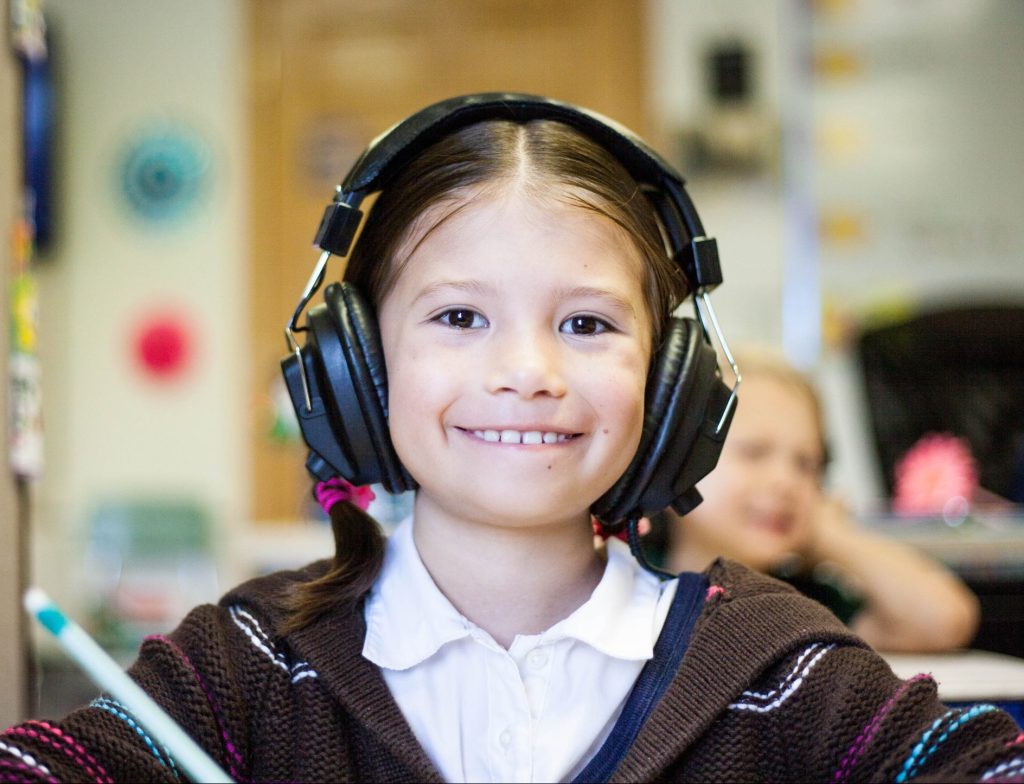Toolkit: School-Based Behavioral Health
Data, research and guidance to encourage the implementation of school-based behavioral health (SBBH) programs.
Research indicates that comprehensive SBBH programs benefit both the individual student and the school community. School-based behavioral health programs enhance students’ academic achievement, build social skills and self-awareness, and strengthen their connections to schools and communities. By extension, SBBH programs can reduce schoolwide truancy and discipline rates, increase high school graduation rates, and help create a positive school climate, including teacher morale and attrition.
Georgia Appleseed, Voices for Georgia’s Children, and the Carter Center have worked independently and together to research, develop, and disseminate tools for those wishing to explore the benefits of school-based behavioral health in Georgia. Many of these resources can be found in the right-hand column on this page under Related Resources and Links.
The percentage of American youth with behavioral health disorders rose significantly in the last fifteen years. From 2005 to 2017, survey responses from more than 200,000 adolescents (ages 12 to 17) showed an increase in major depression, serious psychological destress, and suicidal thoughts. Currently, it is estimated that that between 12 and 22 percent of school-aged children and youth have a diagnosable behavioral health disorder. This was made worse during the COVID-19 pandemic; a study from the CDC showed that 37% of U.S. high school students experienced poor behavioral health, including anxiety and depression. During the first six months of the pandemic, behavioral-health-related emergency department visits increased by 24% for children between five and 11, and 31% for adolescents between 12 and 17.
Schools are uniquely placed to address student behavioral health issues. Schools are the places where students most consistently spend their time and the school setting offers a unique opportunity to identify and address behavioral health issues among students.
SBBH programs bring care to students where they are, removing or reducing barriers to care, such as transportation, stigma, and scheduling issues. Adolescents are more comfortable accessing health and behavioral health care services through school-based clinics and like the idea of accessing these in a single location. Further, schools provide a natural setting trusted by families where students can receive needed supports and services.
SBBH programs can benefit the student and the school community. Undiagnosed and untreated behavioral health issues can significantly interfere with a student’s ability to learn, grow, and develop into adulthood. But mentally and physically healthy students are more likely to learn, to actively engage in school activities, to have supportive and caring relationships with peers and adults, and to solve personal challenges successfully.
Studies have shown that comprehensive SBBH programs enhance student academic achievement, build social skills and self-awareness, and strengthen connections to schools and communities. SBBH programs can reduce schoolwide truancy and discipline rates, increase the rates of high school graduation, and help create a positive school climate. Emerging evidence demonstrates that high quality SBBH interventions that include elements of prevention, early intervention, and evidence-based interventions are safe and effective in improving student well-being. Further, early identification and referral resources may contribute to a school climate in which behavioral health concerns and treatments are not viewed negatively.

Related Resources and Links
Georgia Appleseed Resources
2023 Policy Recommendations: School-Based Behavioral Health – Georgia Appleseed
Help Guides for Students with Behavior and Learning Challenges
Establishing a School Based Behavioral Health Program
Certified Peer Specialists and Schools: Creating a Successful CPS Partnership
Sample CPS Partnership Agreement
Sample CPS Consent Form
Voices for Georgia’s Children Resources
Supporting Mental Health in Georgia’s Schools: Case Studies
Snapshot of School-Based Health in Georgia
Benefits of School-Based Centers
School-Based Mental Health Programs: How They Work and Succeed
Free Your Feels Campaign*
*with Georgia Department of Behavioral Health and Developmental Disabilities
The Carter Center
Mental Health Program
Georgia School-Based Behavioral Health Services
Georgia SBBH – Resources
Other Resources
Georgia Dept. of Education Mental Health Awareness Training (MHAT)
